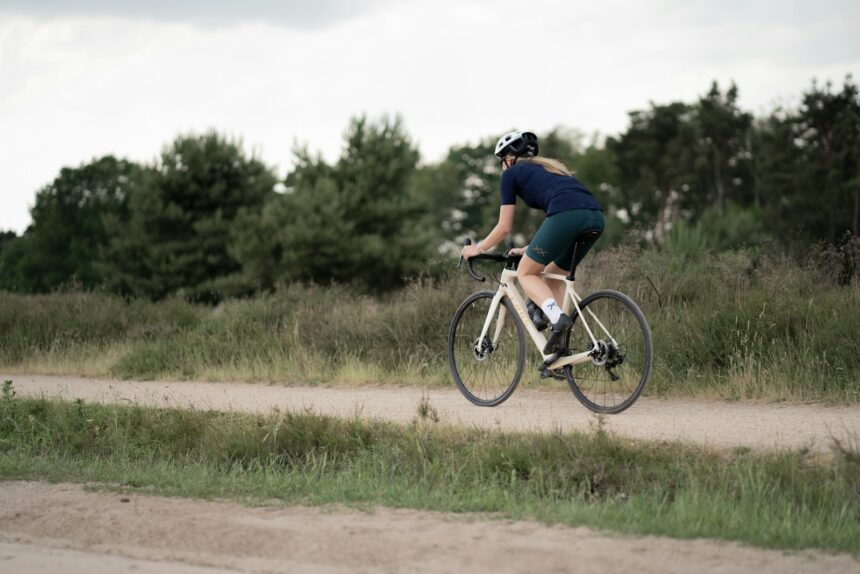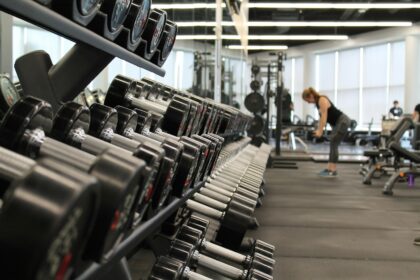The warm months of summer and early autumn are ideal for outdoor activities. Cycling is one of the most popular choices, bringing joy and freedom while also improving health. It is not just a way to relax but also an effective method for burning calories. Many people use it as a workout to shed unwanted weight, but the real question is how much cycling is actually needed to burn one kilogram.
Cycling is unique because it can be easily incorporated into everyday life. Instead of relying on public transport or a car, you can choose to cycle to work, school, or even the store. In this way, it becomes both a form of exercise and a means of transportation. However, to make real progress with weight loss, it is useful to understand how many calories are burned and how this translates into losing kilograms.
Experts emphasize that the results will always vary depending on a person’s weight, cycling speed, and the type of terrain. Still, approximate values provide a good estimate. If you are consistent and ride regularly, you may notice not just slimmer measurements but also stronger legs, improved endurance, and a healthier heart.
How Many Calories Does Cycling Burn?
Calories burned during cycling depend on speed, duration, and body weight. For example, a person weighing 70 kilograms who cycles for half an hour at about 19 kilometers per hour can expect to burn around 298 calories. If that same person increases the pace to 25 kilometers per hour, the number jumps to approximately 372 calories. Riding for a full hour at higher speed could burn nearly 800 calories.
For beginners, an average speed usually ranges from 17 to 22 kilometers per hour. Heavier individuals burn more calories in the same period of time compared to lighter riders, simply because moving a heavier body requires more energy. This means progress can vary, but the effort always pays off.
How Much Cycling Equals One Kilogram?
To lose one kilogram of body fat, you need to burn about 7700 calories. This is a simplified number because weight loss also involves water, glycogen, and some protein, but it serves as a good guideline. Based on this estimate, cycling at 19 kilometers per hour requires about 13 hours to burn one kilogram.
When translated into distance, that equals roughly 228 kilometers. Of course, cycling at a higher intensity or riding on hilly terrain speeds up the process because the muscles work harder and burn more calories. On the other hand, steady rides at a lower pace will take longer but are still effective in the long term.
Why Cycling Is Worth Including in Your Routine
Cycling is not only about burning calories. It strengthens muscles, especially in the legs, without putting too much strain on the joints, unlike running. It is an excellent activity for people of all ages because it can be adjusted to suit personal fitness levels. You can ride slowly to enjoy the scenery or push yourself harder for a more intense workout.
Another major advantage is how easy it is to integrate cycling into daily life. Replacing the car with a bike even a few times a week helps build a habit while saving money and benefiting the environment. Over time, this kind of regular activity improves cardiovascular health, lung capacity, and stamina.
In addition, cycling outdoors contributes to mental well-being. Spending time in the fresh air reduces stress, boosts mood, and provides a sense of freedom. These mental health benefits, combined with physical improvements, make cycling one of the most effective and enjoyable forms of exercise.
The Key to Success: Consistency
The number of kilometers may seem daunting, but consistency matters more than speed or intensity. You do not need to cycle hundreds of kilometers in a single week to notice results. Even moderate rides, when done regularly, will gradually help you lose weight and improve health. Combining cycling with a balanced diet ensures steady and sustainable results.
Ultimately, the bike can be more than just a weekend hobby. For many, it becomes an essential part of their lifestyle, supporting both physical fitness and emotional balance. If you are looking for an effective way to lose weight while enjoying the outdoors, cycling may be the perfect solution.










